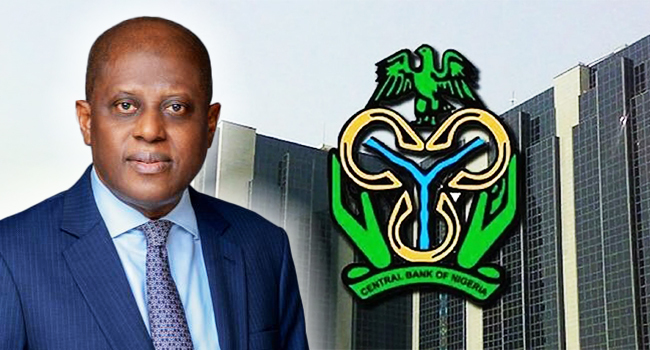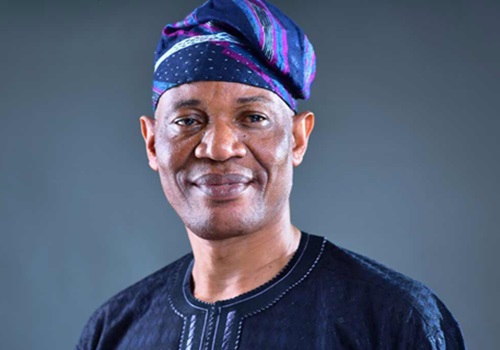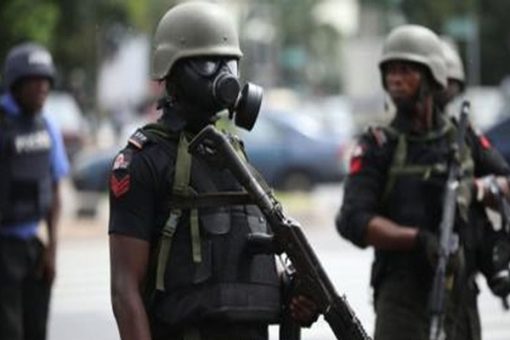In a bid to tackle the ongoing forex crisis, the Central Bank of Nigeria (CBN) has implemented stringent new guidelines for the operations of Bureaux De Change (BDCs). The CBN has mandated the recapitalisation and revalidation of BDC licences, introducing tiered capital requirements and comprehensive regulatory measures.
Recapitalisation Requirements
The new guidelines specify that:
Tier-1 BDCs must raise a minimum capital of N2 billion.
Tier-2 BDC must increase their minimum capital to N500 million.
Previously, the 1,588 recognised BDC operators each had a capital base of N35 million.
Operational Guidelines
Tier-1 BDCs:
- Can operate nationwide.
- May establish branches and appoint franchisees across states and the Federal Capital Territory (FCT), with a required minimum distance of one kilometre between branches and franchisees.
- Can supervise franchisees, who can use the franchisor's name, logo, branding, technology platform, and regulatory requirements.
Tier-2 BDCs:
- Are restricted to operating in one state or the FCT.
- Can establish up to five branches within a state, subject to CBN approval, maintaining a one-kilometre distance between branches.
- Are not permitted to appoint franchisees.
Additional Provisions
- BDCs are authorised to acquire foreign currency from diverse sources, open foreign currency and naira accounts with commercial or non-interest banks, and collaborate with banks to issue prepaid debit cards.
- The new rules prohibit BDCs from engaging in street trading of foreign currencies, maintaining accounts for the public, accepting assets for safekeeping, taking deposits, granting loans, or conducting retail foreign currency sales to non-individuals except for Business Travel Allowance (BTA).
Ownership and Licensing Restrictions
The guidelines bar certain entities from owning BDC licences, including:
- Commercial, merchant, non-interest, and payment service banks.
- Financial holding companies and other Financial Institutions (OFIs).
- International Money Transfer Operators and payment service providers.
- Serving staff of financial service regulatory and supervisory agencies and regulated financial services providers.
To secure a licence, BDC promoters must ensure:
- Major shareholders, board members, and top management pass the "fit and proper" persons' test.
- Capital is sourced acceptably, and payment for shares is properly documented.
- An application for a final licence must be submitted within 60 days of receiving provisional approval, accompanied by supporting documents.
IT Infrastructure Integration
BDCs must integrate their IT systems with those of the CBN and the Nigeria Interbank Settlement System (NIBSS). This includes connectivity with:
- The CBN’s extranet gateway (virtual private network) and systems such as the returns rendition system, Financial Institutions Foreign Exchange Reporting System (FIFX), Financial Analysis (FinA), Centralised AML/CFT/CPF Rendition Platform (CARP), TRMS, and the Tax Identification Number Verification Portal of the Federal Inland Revenue Service (FIRS).
- NIBSS’s Bank Verification Number (BVN) database and other IT requirements.
The guidelines, effective from June 3, represent a significant policy shift intended to reposition the BDC sub-sector within Nigeria’s foreign exchange market. The CBN emphasizes these reforms as essential to ensuring a robust and transparent forex trading environment.




